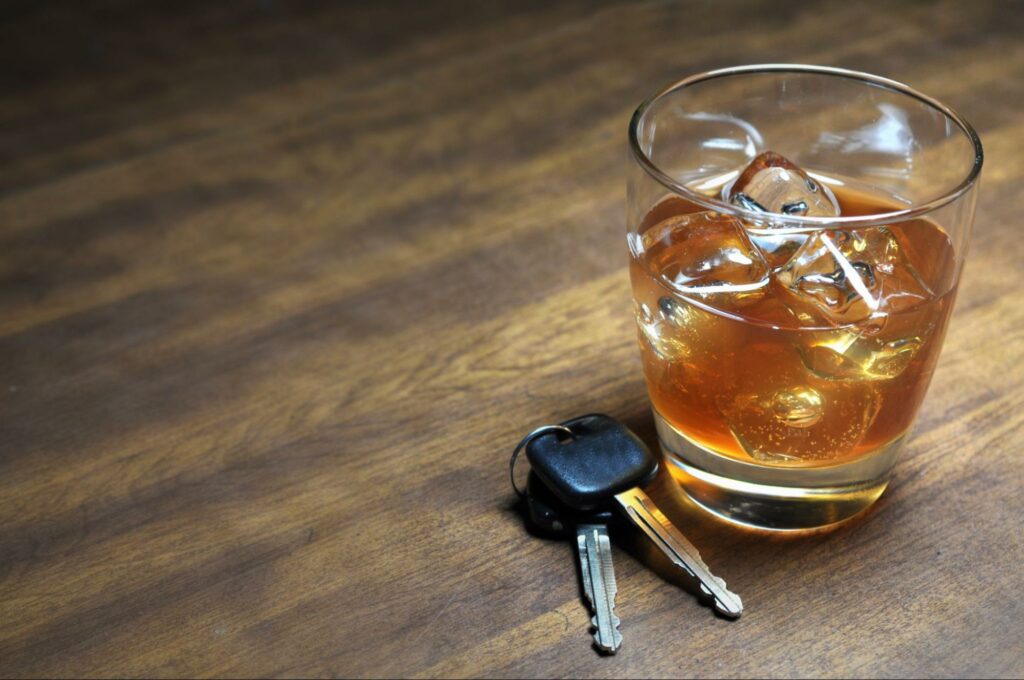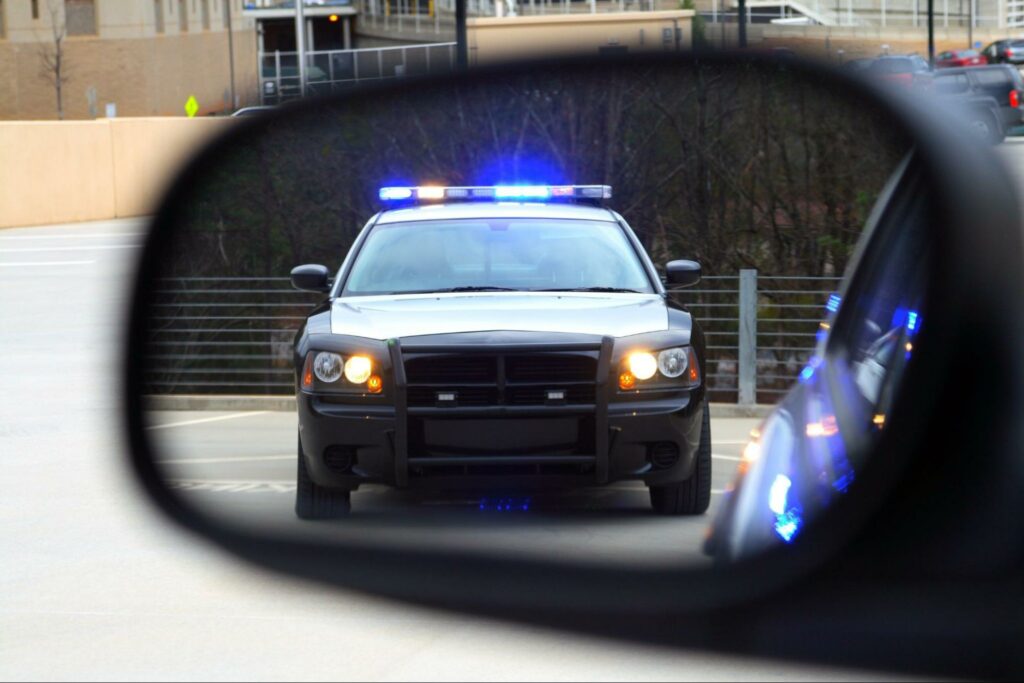
You may have heard the term “super drunk” but wondered what it really means. Although the phrase may sound subjective, it’s actually very objective. In Michigan, super drunk is a blood-alcohol level of 0.17 or higher.
So which super drunk laws are in place? How much alcohol would lead to such a high BAC? Do the DUI penalties differ? And how do super drunk laws affect the license restoration process?
Let us answer your basic questions.
What is Michigan’s super drunk law?
In Michigan, a blood-alcohol content of .08 or higher is considered intoxication. A BAC of .17 or higher is considered “super drunk” or having a “high BAC” level.
How much alcohol is that?
How alcohol affects your body varies greatly depending on factors including gender, weight, the alcohol content of the drinks, and the timeframe in which the alcohol was consumed.
As a general standard, “one drink” is 14 grams of alcohol, which is in one 12-ounce beer, a 5-ounce glass of wine or 1.5 ounces of liquor, according to the National Institute on Alcohol Abuse and Alcoholism.
Reaching a .17 BAC would entail a large number of drinks in a very short time span. For example, a 180-pound man would have to consume eight drinks in one hour to have a BAC of .17, and a 180-pound woman would have to drink seven in one hour to reach a BAC of .18. However, to illustrate how weight affects alcohol use, a 100-pound woman who has only four drinks in one hour would have a BAC of .18.
Again, many factors affect BAC, including how much time has passed since the drinks were consumed. The level decreases by about .015 every hour after drinking.
What are the penalties if you’re stopped for drunken driving with such a high BAC?

Being convicted of drunken driving with a high BAC carries significantly higher penalties.
After a first DUI with a BAC lower than 0.17, the penalties include up to 93 days in jail, a fine of up to $500, as many as 360 hours of community service and a license suspension of 180 days.
In comparison, in Michigan, a first super drunk offense is punishable by 180 days in jail, a $700 fine and a one-year license suspension, in addition to the other penalties. A super drunk conviction also requires completion of an alcohol treatment program and the use of an ignition interlock device after 45 days if the driver is approved for a restricted license.
The penalties become increasingly greater with subsequent drunken driving convictions, especially if they occur within 7 years. A third super drunk conviction in Michigan, for example, is punishable by up to five years in jail, driver’s license revocation rather than temporary suspension, and $5,000 in fines, among other penalties.
How does an OWI conviction affect auto insurance rates in Michigan?
On average, insurance rates in Michigan rise by about 166 percent after a DUI conviction, according to Bankrate. After a first DUI, drivers would get 6 points on their license regardless of their BAC level.
How do the laws affect the license restoration process?

Super drunk laws in Michigan affect the license restoration process in a couple of ways. Although the steps are essentially the same as they are for DUIs with a lower BAC, you may have to work harder to show that you will be a responsible driver in the future.
To have your license restored after a revocation, you would have to present your case to a Secretary of State board, as well as present a favorable drug screening and proof of completion of any required substance abuse programs.
You also would have to present at least three letters of support from people who know you well. I typically suggest at least five, with one coming from your substance abuse or mental health counselor.
Additionally, you would have to show that you used an ignition interlock device as required, as well as answer questions about your sobriety and why you should have your license reinstated. You can have others testify for you as well.
Getting your revoked license reinstated after a super drunk conviction in Michigan can be challenging, but I’m here to help. Call me for a free consultation or more information.
